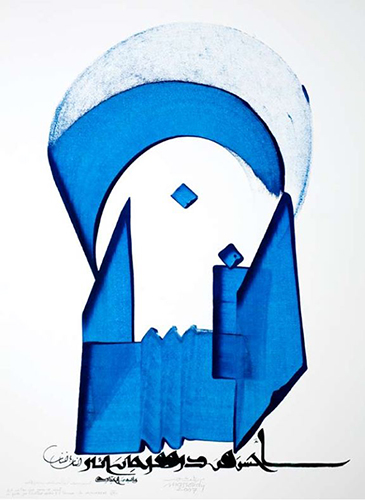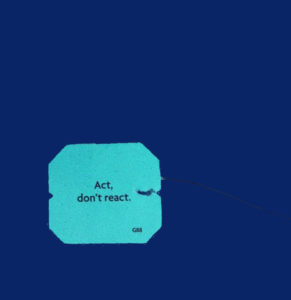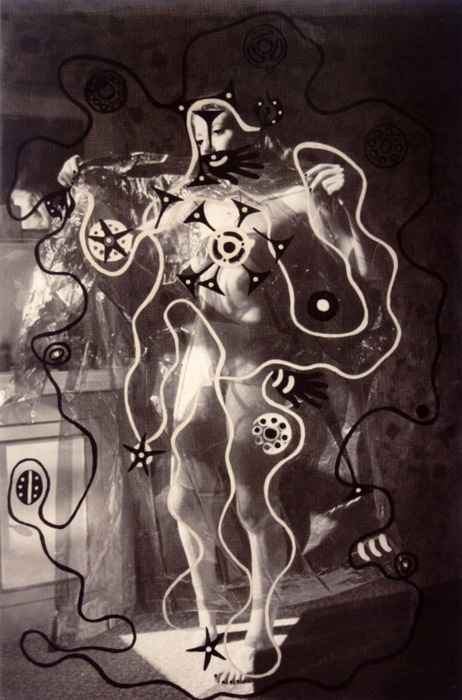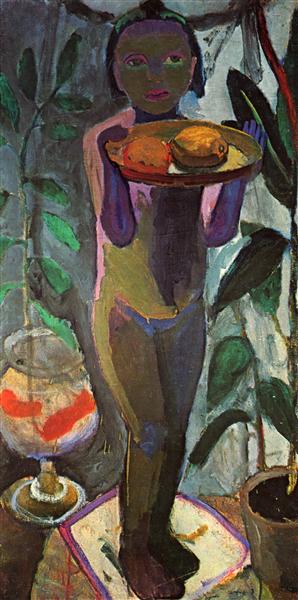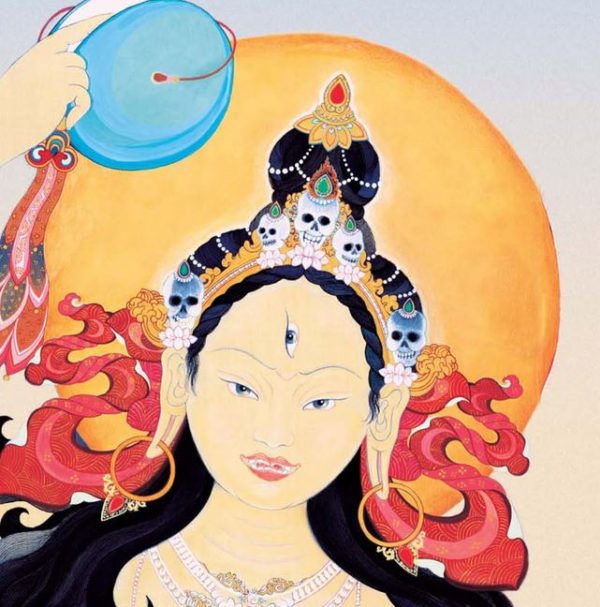we live in our mind
we take our mind with us everywhere
even in our sleep we cannot leave it behind
how we live in our mind is up to us
You have this country and you try to make it a pleasant place for you to live in, you grow trees and you keep it clean. And you have your homes, your rooms, which you keep clean, decorate, try to make it a pleasing environment. And we have our bodies, which we keep clean, we eat the right food, excercise and we try to make ourselves look attractive, keep healthy and fit. But the place we really live, is in our mind. And how much time and effort do we give to making our mind a pleasant place in which to dwell? To cleaning it, to opening up the windows to let some fresh air in, to decorate it beautifully, to make it a fit place to stay so that we live in our mind comfortably and we are at home in our mind, so that our mind is a friend to us.
This is very important because if we don’t have a peaceful friendly mind its very hard to be peaceful and friendly to our families, in our workplace, with our neighbours and in the country and from there to the world.
The kind of society we have reflects the mind of the people living in that society. So each one of us is culpable of the society we live in. Who made the rules? Who elected the politicians who made the rules? Who goes along with the rules that have been made? Each of us is responsible. We cannot just put the blame on other people, each one of us has the responsibility to develop our selves, our minds, to open up our heart.
So often people feel quite helpless and hopeless: what can I do, I am just one? But each of us is not sealed in a bubble, each one of us is constantly interacting with other beings; and even on that level how much time do we spend each day trying to make each other happy? Our colleages, our family, the peolpe we meet? Are we kind? Is our speech kind? Do we make people feel better for having matters or worse? If a society is full of people who are kind to each other, all other, then that is a very different society from one where people disregard each other, where people speak rudely to each other or despise each other.
